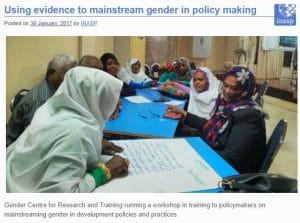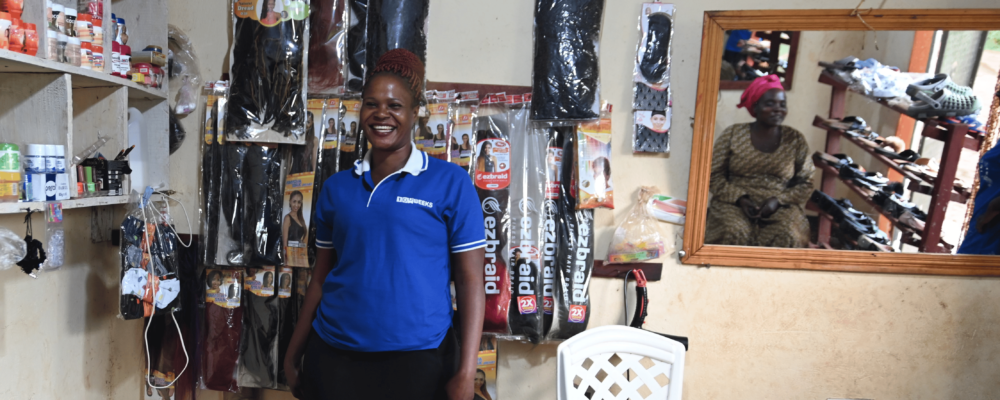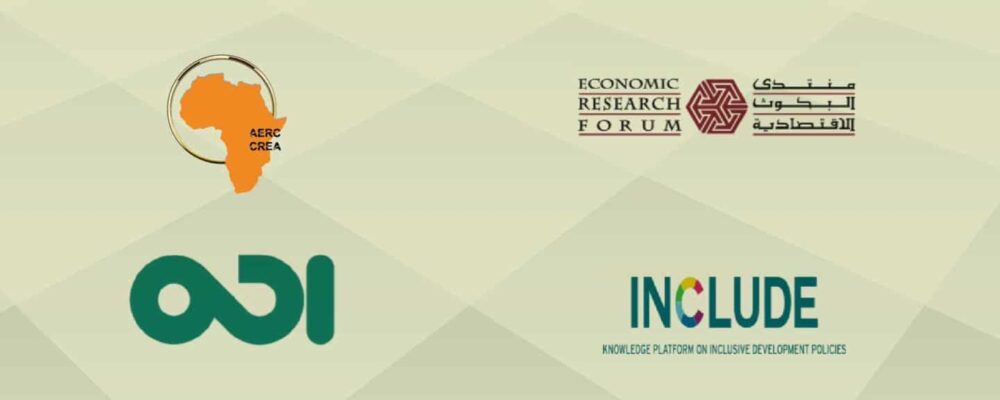
Policy highlights:
- In recent years gender has received greater attention from policymakers and development planners , but there are still numerous barriers and challenges to mainstreaming gender in programmes and policies. Policymakers, researchers and civil society organisations from countries in Africa, Latin America and Europe discussed this at the VakaYiko symposium in Accra on 5 October 2016.
- The key messages emerging from the discussion were: 1) gender is a socially-constructed issue that varies from culture to culture, 2) gender is often not seen as a priority, 3) policy-making bodies often lack the necessary resources, time and skills to include a gendered perspective, which is further exacerbated by lack of communication between data producers (researchers) and users (policymakers), 4) a combination of quantitative and qualitative data collection methods are needed to be able to combine figures with real life experience and facilitate a fruitful discussion, and 5) capacity building on gender disaggregated data and data analysis is a practical step.
- To tackle these issues, participants suggested the following: 1) reach women, girls, boys and men in remote areas and incorporate their perspectives and needs in any gender and capacity building projects targeting them, 2) promote dialogue between policymakers and researchers to enable better collection of sex-disaggregated and qualitative data, 3) develop and sustain a gender perspective and gender analysis in all decision making processes, and 4) allocate resources for these activities.







